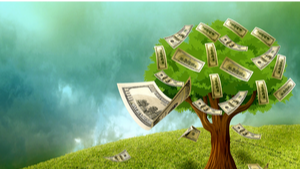S&P 500: 2.74% DOW: 3.44% NASDAQ: 2.35% 10-YR: 1.54%

Last Week on Wall Street - June 26
What Happened
Markets put together a strong showing after last week's sell-off. The back-and-forth over the last few weeks suggests continued uncertainty over interest rates, inflation, and monetary policy. Still, the VIX traded at its lowest levels of the year. Energy (+6.7%) and Financials (+5.2%) led the pack while Utilities (0.6%) and Real Estate (1.5%) lagged. 10YR yields backed up 9 basis points.
- Consumer spending flat last month
- Powell on inflation
- Flash data shows the economy is strong
- US trade deficit surges
- Interesting articles from the Waterloo Watercooler

Jeffry Bartash - MarketWatch
Consumer Spending Barely Rises in May as Federal Stimulus Money Dries Up
Consumer spending was almost flat last month slightly below the 0.4% increase that was forecasted. Despite being below projections, this is not an alarming figure as the number can partially be attributed to the lack of federal stimulus after the previous few months' spending. While spending on services increased in May, the overall figure was depressed by the fall in goods. With higher savings levels and loosening restrictions, spending on services should continue to increase.
The key takeaway is that consumption has continued to shift towards services, which is the largest part of the economy and this level of spending assures that GDP in the second quarter will be very strong. Overall, consumer spending has risen above pre-pandemic levels and is growing more than enough to keep the economy humming.

Megan Henney - FOX Business
Powell says Fed will Wait for 'actual inflation' Before Raising Interest Rates
Federal Reserve Chairman Jerome Powell said Tuesday the US central bank will not raise interest rates from rock-bottom levels too quickly due to recent inflation fears. He continued his sentiment that he has spoken over the last few weeks that the recent inflation spike is temporary due to supply bottlenecks and base effects from the dramatic drop in prices last year. He said they would not raise interest rates preemptively and instead, "wait for evidence of actual inflation or other imbalances."
The key takeaway is that Jerome Powell and the Fed are trying to ease potential stress and tension caused by their announcement last week where they penciled in two interest rate hikes in 2023. As inflation is a primary concern on the minds of the American people and markets, Powell continues to stress he believes it is not a huge issue, and that it is not the only thing that is going into the Fed's decisions regarding interest rates.

Jeffry Bartash - MarketWatch
US Economy is Running Hot, So is Inflation
According to flash or preliminary estimates from IHS Markit, the economy grew rapidly again in June. The manufacturing index edged up to 62.6 from 62.1 while the services index remained strong but slipped to 64.8 from 70.4. With Covid cases falling to the lowest level in a year, states have removed almost all restrictions on business and Americans are eager to resume normal activities. Yet the explosive growth in the economy has caused the demand for goods and services to outstrip the ability of companies to supply them.
The key takeaway is that the economy has continued to surge given the waning pandemic, however, problems such as supply bottlenecks remain. These bottlenecks which include scrambling to find materials and labor have contributed to the recent hot inflation prints. Going forward, investors will be observing how quickly supply can normalize and if inflation is as temporary as the Fed believes.

Jeffry Bartash - MarketWatch
US Current Account Deficit Surges to 14-year High – No Thanks to Record Trade Gap
A measure of the nation’s debt to other countries surged by almost 12% largely because of record US trade deficits during the pandemic. The US current-account deficit increased by $20.7 billion to $195.7 billion in the first three months of this year, which was actually almost $10 billion less than initially forecasted.
The key takeaway is that the US economy is in a different position than many other international countries. The US rapid recovery has enabled increased spending on imports, while other country's slower progress has limited our ability to export. Economists predict this deficit will subside as the rest of the world rebounds from the pandemic and US exports fully recover.

From the Waterloo Watercooler
White House chief medical advisor Dr. Anthony Fauci said Wednesday the delta variant now accounts for roughly 20% of newly diagnosed cases in the US.
The US Supreme Court on Monday unanimously ruled in favor of college athletes seeking unlimited benefits tied to education in a landmark case that enhances players' ability to earn compensation.
A massive search and rescue effort was underway Thursday after a high-rise condominium building partially collapsed near Miami Beach.
BuzzFeed announces plans to go public via SPAC, with a $1.5 billion valuation target.
President Biden reaches a $1.2 trillion infrastructure compromise with a bipartisan group of senators.
How billionaire tech investor, Peter Thiel, turned a Roth IRA into $5 billion.
